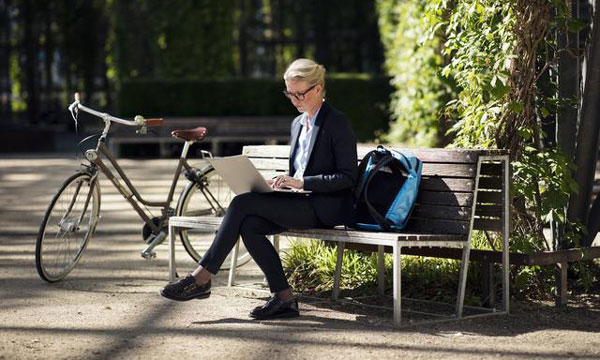The Swisscom security portal
Together we are ready to make the world a safer place! Swisscom focuses on the needs of its employees, customers and partners and enables them to be fulfilled more securely.
“Special situations require special measures when it comes to security, protection and risk awareness.”
Marco Wyrsch
Head of Group Security
Security solutions for business customers
As the leading provider of cyber security solutions, Swisscom offers business clients a comprehensive portfolio of managed security services. More than 1,000 business customers from industries such as finance, health care and security trust our services. We are the first telecommunications service provider in Switzerland to receive ISO-27001 security certification.
Security solutions for private customers
Swisscom offers private customers greater cyber security at home and on the move – including antivirus programs, insurance, call filters and much more.
“Security comes first at Swisscom because it inspires trust.”
CEO Christoph Aeschlimann
Ready for more security
At Swisscom, more than 200 security experts are committed to ensuring information security, data protection and secure network operations on a daily basis.
Articles about security
Read the latest security news here.





